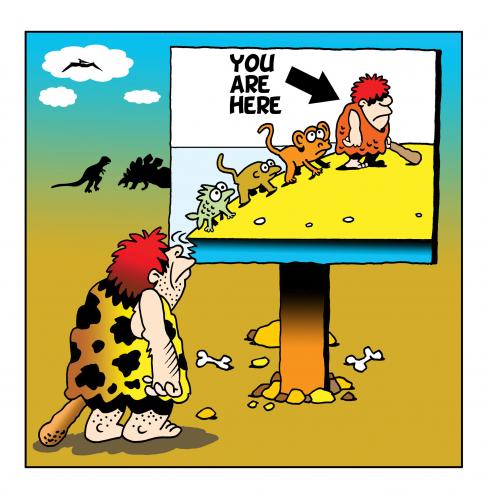
Take a about 10 seconds to reflect upon this first question…
Do you have confidence?
Now that you have reflected on this first question, ask yourself the following three questions:
How do you know for sure that you are confident?
Can other people tell that you have confidence?
If you have low confidence, do you think that people can notice this?
It has been my observation that most people do not have confidence in every aspect of their lives. People may feel confident in some areas of their lives, and not very confident in other areas. So if I were to make a sweeping generalization, (which I am), I can confidently say that most people do NOT have confidence.
I see this as a problem. As a result, I would like to share with you 3 tips that if you implement, can increase your confidence.
1) Identify people that are more confident than you
Surely, we all know people that fit this category. This person may be a friend, co-worker or aquaintence. We notice that there is just something about this person that makes them confident.
Perhaps it is in the forceful way that they speak or maybe it’s because of their posture, or perhaps it’s due to their ability to take risks. Whatever the case may be, take some time out of your busy day and identify at least 3 people that you know that are more confident than you are.
2) Identify what they are doing differently than you
You will have to observe closely here and pay special attention to everything that this person is doing. Look for things that they do differently from you. The key word here is differently. What are they doing different from you?
What things stand out in your mind? As mentioned in the first point, take a look at things such as their tone of voice, their posture, or perhaps even their overall outlook on risk. Don’t only look at these variables, rather, examine EVERYTHING about them that they do differently, that you wish that you could do.
Do they have an ability to speak in public, and have no fear? Are they able to approach a complete stranger and begin a conversation? Do they maintain solid eye contact with you the entire time that they are speaking to you, without looking away? If they are trying to ‘sell’ themselves to you, are they doing a good job at it? If so, why do you think that they are doing a good job?
Write all of our observations down, so you can review your notes at a later date.
3) Mimic the characteristics that you lack
This is the stage where you will have to take action. If you don’t take action, you will have no results. What characteristics or behaviours did this confident individual have that you can copy and incorporate yourself into your life? Before doing this, you have to know yourself what areas you are looking to improve upon. For instance, if you know that you maintain poor eye contact when speaking to people, and you always look away, mimic what you saw from the confident person. Perhaps you noticed that the confident person maintain consistent and unwavering eye contact. If so, copy this behaviour and have a complete conversation with someone looking them in the eyes the entire time, without looking away.
Confidence is just a behaviour. Anyone can have confidence. For some, it may take a little bit of work to build confidence, but do believe, it can be done.
For real estate investors, having confidence is the key to success. If you feel that you currently lack some confidence, then you must be diligent in putting together an action plan so that you can gain more confidence. If you feel that you do not have what it takes to build cash flow through real estate investment, you simply just have to study the habits of successful real estate investors. Observe what they did, and take notes. You can do it too!








